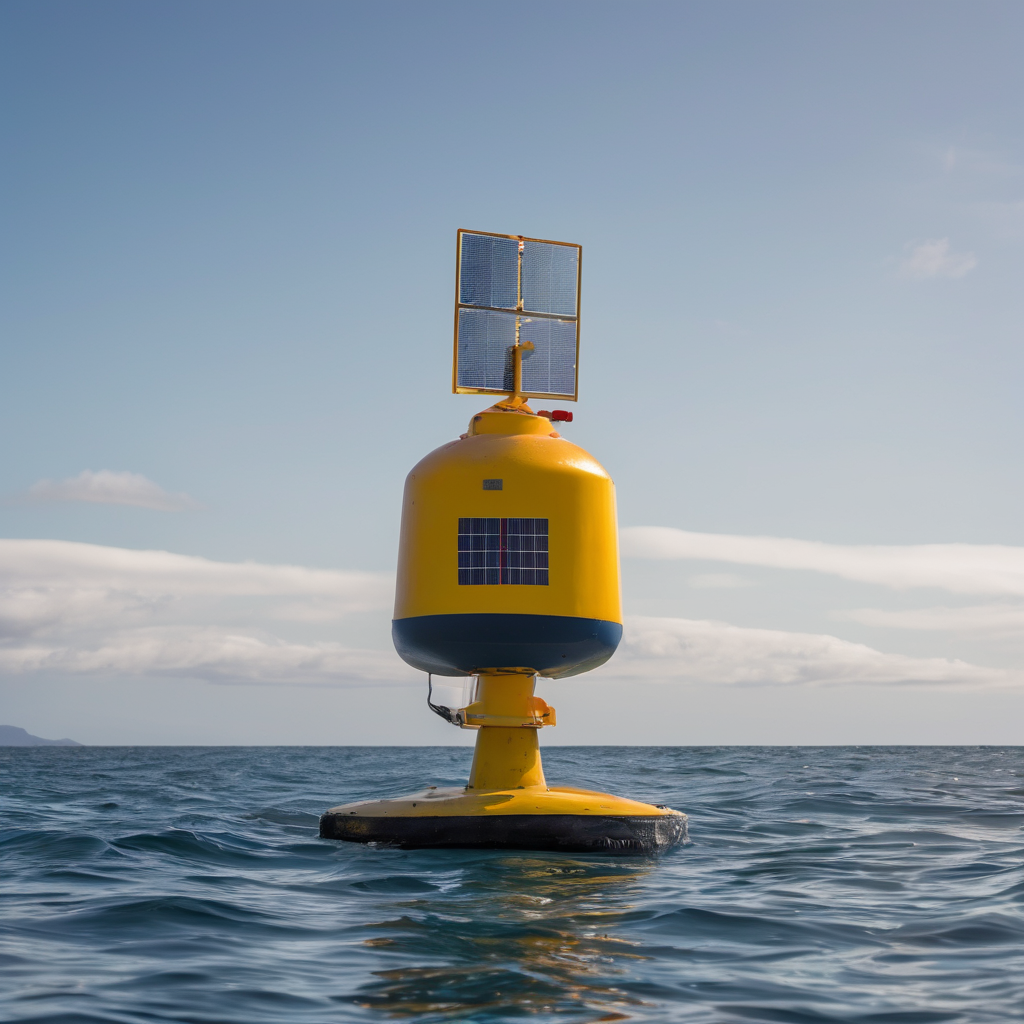United Nations Secretary-General António Guterres has issued a call to action for the global community to enhance early warning systems and preparedness measures aimed at safeguarding coastal populations against the threat of tsunamis. In his address for World Tsunami Awareness Day 2025, Guterres underscored the rarity of tsunamis but stressed the severe and often catastrophic consequences they bring when communities are unprepared.
“Tsunamis are rare events whose consequences can be extremely deadly,” Guterres remarked, adding that these natural disasters can result in the loss of thousands, even hundreds of thousands, of lives. Drawing upon the critical lessons learned from the devastating 2004 Indian Ocean tsunami, he highlighted the importance of global investment in early warning systems as a life-saving strategy that continues to bear fruit today.
Referencing a recent significant earthquake off the coast of Russia in July, Guterres noted that this event triggered timely alerts for millions across Japan, the Pacific Islands, and California. “This is a demonstration of how critical timely information can be in the face of potential disaster,” he explained.
However, the UN chief also warned of the evolving nature of disaster risks shaped by climate change, rising sea levels, and growing coastal populations, which necessitates ongoing advancements and investments in early warning systems. He promoted the ‘Early Warnings for All’ initiative—aimed at ensuring that every person on the planet is protected by a multi-hazard early warning system by 2027. “This initiative is about securing a safer future for everyone,” he stated.
Guterres emphasized that recognizing the power of the ocean and preparing thoroughly for potential disasters is not just a recommendation but a responsibility. “On this 10th World Tsunami Awareness Day, let us invest in preparedness—for every coastline and every community, everywhere,” he urged.
The message conveyed by Guterres comes at a time when the challenges posed by rising sea levels and the increasing frequency of severe weather events are becoming more apparent. The broader context of climate change’s impact has been echoed during other recent UN discussions, particularly related to the rising tide of natural disasters and their economic implications.
Strengthening the resilience of vulnerable communities through effective early warning systems can play a pivotal role in mitigating risks associated with natural disasters. With the ongoing commitment to these initiatives, there exists a promising pathway toward enhancing disaster preparedness and saving lives across the globe.
